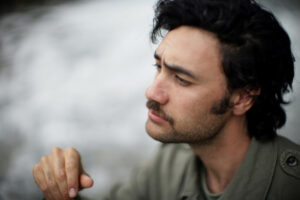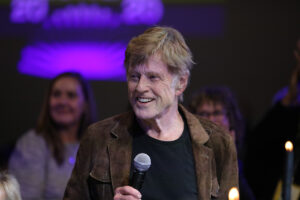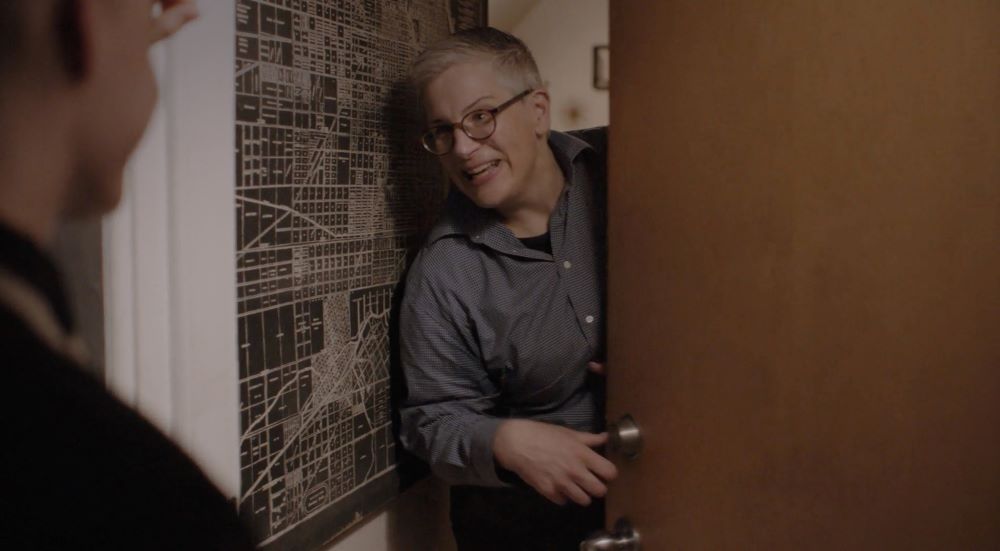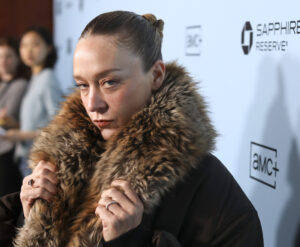Abby McEnany co-created and stars in the dark comedy Work in Progress, about a queer woman dealing with life and relationships.
The Sundance Institute support for storytellers doesn’t just include filmmakers. It also encourages and advocates for those whose vision imagines a story told over multiple episodic installments, like a series on television, cable, or a streaming service. In fact, there is an actual category for these screenings at the annual Festival — where the Oscar-winning O.J.: Made in America and the feisty comedy Work in Progress were introduced.
The Episodic program is accepting submissions for the 2023 Sundance Film Festival through the official deadline of August 26. (The absolute final deadline is September 12.)
The program accepts fiction, nonfiction, even animated work. Entries can be one episode, like a pilot, or multiple episodes of a series; the number and the length of the episodes are not restricted. For more detailed rules and instructions for submitting, click here.
Submissions from the United States should be world premieres, but international submissions qualify only if they have not been shown outside of their country of origin.
Answers regarding what Sundance Film Festival programmers look for in selecting episodic content for the Festival are supplied by Adam Montgomery, senior manager for Festival programming.
Elaborate on the specific elements/traits you look for when selecting episodic content for the Sundance Film Festival.
A freshness of perspective is important, but the wonderful thing about our episodic programming is that it’s organic and varies widely every year depending on the submissions we receive. We’ve played everything from multiple or single short-form web series episodes, to pilot showcases, to entire stand-alone documentary series that span multiple hours.
Our team is responsive to the projects being made by the artistic community in any given year, and we always look forward to seeing what fits naturally together across the worlds of both fiction and nonfiction storytelling.
Creativity is unlimited within the episodic sphere because artists aren’t bound by the same constraints that they may have with feature films, allowing them to tell their stories in the way that suits them best, and across as many episodes necessary to allow them to unfold.
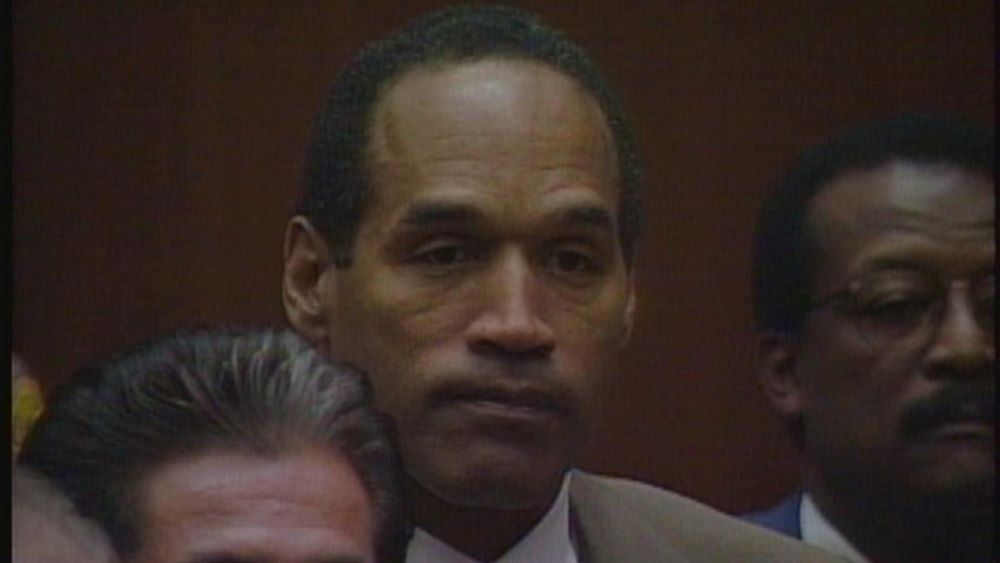
Give at least one example of a project that you saw and immediately knew it was right for the Sundance Film Festival, and explain why.
There have been a number of projects over the years that felt like instant Sundance premieres, ranging from highly acclaimed series like O.J.: Made in America, which went on to become the first docu-series to win the Academy Award for Best Documentary in 2017, to smaller projects like Quarter Life Poetry, a short-form series that really sang to us (literally) and went on to premiere on FXX.
In some highly competitive Festival cycles, we have seen projects that seemed perfect for Sundance that didn’t end up making the program because we received so many outstanding episodic submissions.
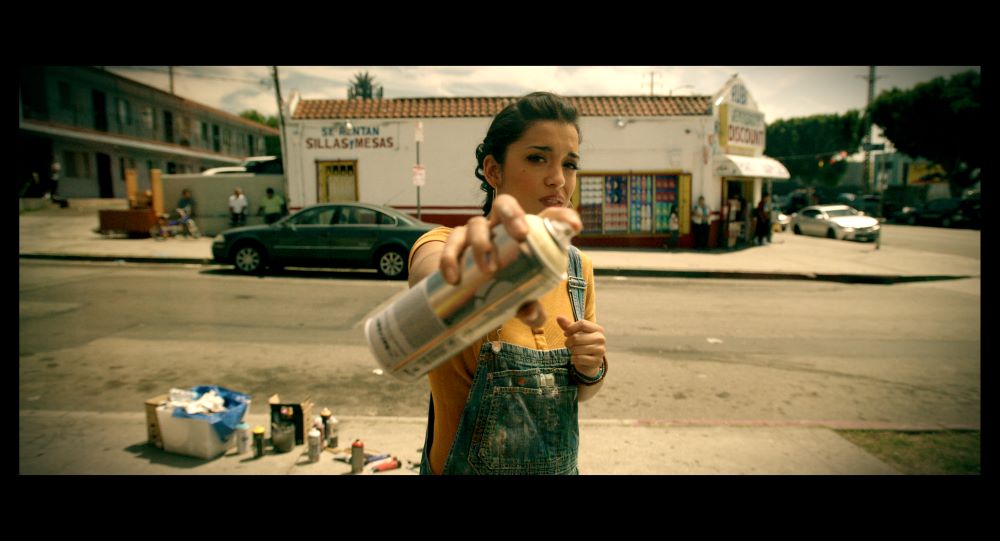
Is there a specific project from Sundance that took off? Name that project and tell a little about it, what made it noteworthy.
It’s incredibly difficult to pick just one, and it would be easy to focus on one of the many big docu-series we have played in the past, such as HBO’s The Jinx, but I would point to the smaller, independent series that went on to great success after their Park City premieres.
Work In Progress and Gente-fied both represented unique comedic voices, with sharp writing and stories we had never seen before in the queer and Mexican-American communities, respectively. We saw a lot of potential in the characters and narratives that those two projects explored, and we were thrilled that Showtime and Netflix took the opportunity to expand them into longer series.
Name other projects that became well-known, and elaborate on what made them unique.
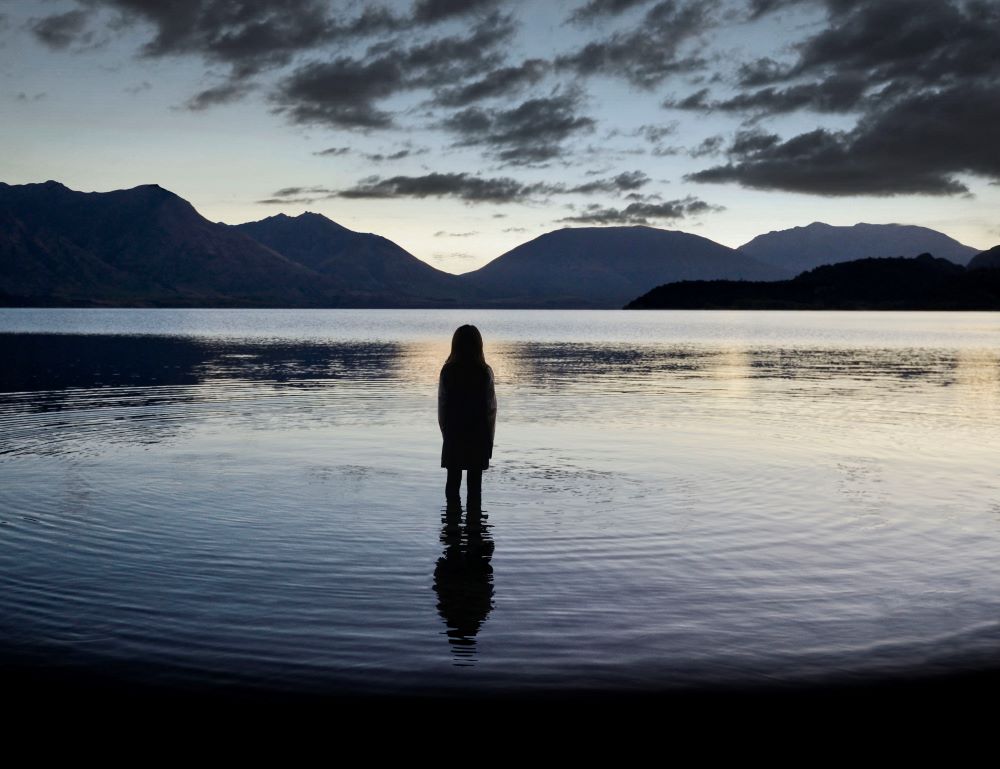
Of course we loved having the opportunity to present the world premieres of series that went on to be binge-worthy, such as Showtime’s Top of the Lake and Netflix’s Wild Wild Country, but one project that comes to mind would be The Chances, a series that premiered in our very first Indie Episodic program back in 2017.
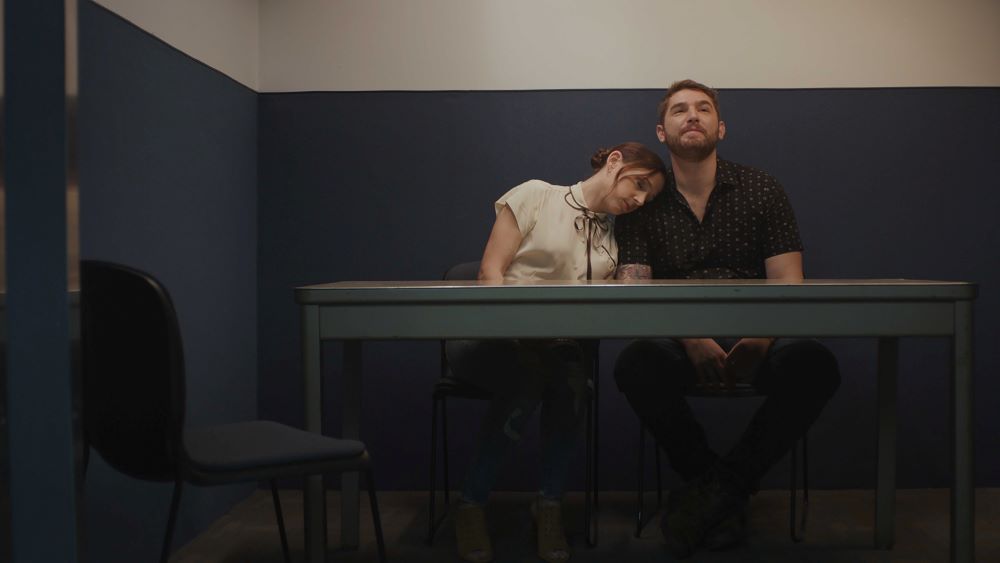
The Sundance Now network picked it up after its Festival debut, and it went on to wide distribution under a new title, This Close. This was a special project for us, not only because its creators, Josh Feldman and Shoshannah Stern, became the first deaf showrunners in television history, but also because it was the very first series to obtain distribution after premiering in our then-fledgling Indie Episodic program.
Anything else we should know or other comments you can add to help us explain how programmers select episodic content for the Festival?
Aside from telling great stories that genuinely reflect the scope of the human experience, it’s important for creators to understand that there is no real set of rules that we abide by when making our selections. Comedy series don’t need to be precisely 23 minutes long to allow for commercials, nor do dramas need to be 45. Tell the story that YOU want to tell, and in precisely the number of episodes it takes to tell it!
We do focus on world premieres for all of our episodic content, so it’s important for us to have the ability to debut new and exciting content and act as a launching pad for the next great series coming to a small screen near you.
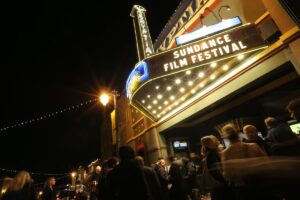
Pep Talks and Advice for Makers of Short Films, From our Sundance Programmers
